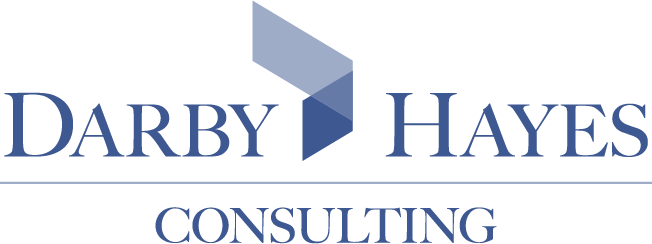Search Engine Optimization is the practice of publishing websites and web pages in a way that rank highly in commercial search engines (such as Google).
The main goal of SEO is to increase the number of visitors sent to a given website from search engines. It can prove very valuable to businesses and organizations of all types.
Google, Bing, Yahoo and other commercial search engines all have “organic” or “natural” listings, in addition to their paid advertising placements. These “organic” listings can provide “free” priority placements to websites that have established elements of relevance, authority and trust. SEO is the practice of improving those elements, commonly referred to as “ranking factors”.
See video for more information:
Key SEO Terms
Here are some of the common SEO terminology used throughout the industry. Definitions are provided here to help provide clarity for beginners or those unfamiliar with the concepts.
Algorithm
An algorithm is defined as “a process or set of rules to be followed in calculations or other problem-solving operations, especially by a computer.”
The Google Search Algorithm, simply referred to as the “Algorithm” or “Algo” is the complex system which attempts to sort and rank web content based on a given user query.
It began with the now-famous PageRank algorithm, the focus of a masters’ thesis by Google founders Sergey Brin and Larry Page, the algorithm has changed over the years, but it’s fundamentals have remained relatively static.
The term “algorithm update” refers to changes to the underlying algorithm, which affects the way search engines rank pages. These updates can result in changes to traffic to websites.
Anchor Text
Anchor text, otherwise called “hypertext”, is the text of a hyperlink which is displayed to the user. See example of hyperlink HTML code below:
<a href=”http://www.example.com”>Anchor Text</a>
Anchor text plays a big role in search engine algorithms, which use the text to help establish relevance for respective search queries.
Due to this effectiveness, it has been the target of aggressive manipulation by SEOs and Internet Marketers, leading to regular updates to the way Google and other search engines handle and interpret anchor text, such as the Penguin Algorithm update of 2012 and iterations thereof.
Backlinks
Backlinks are web hyperlinks that point to a domain from another external, 3rd party domain. They are generally considered to be a very significant SEO ranking factor. Backlinks act as “votes” towards the authority, relevance and/or trust of a website or web-page.
Due to their powerful effect on SEO rankings, backlinks have been targeted over the years by those wishing to manipulate their rankings and drive traffic. This has led to several updates which target “link spam” in its various forms.
Domain Authority
Domain Authority (or “DA” for short) is a domain level metric roughly proportional to the # of 3rd party domains that are linking to a website (called “referring domains”). Domains with higher authority tend to rank higher in search engines.
Moz.com utilized the term “Domain Authority” to describe a metric in their Open Site Explorer link tool. This metric is a grade of 0-100 on a logarithmic (i.e. non-linear) scale, similar to the PageRank scale of 0-10.
While the proprietary term from Moz is not exactly similar to the concept of SEO authority, the terms have become somewhat interchangeable.
Common tool metrics of domain authority are:
- Google Pagerank (PR) (deprecated)
- Ahrefs Domain Rating (DR)
- Moz Domain Authority (DA)
Meta Tags
Meta tags are HTML elements that describe a web-page. Unlike the page content, meta tags are not visible to the end-user, but can be parsed by browsers, search engines and other computer programs.
Commonly used meta tags are:
- Meta Description
- Meta Opengraph
- Meta Viewport
- Meta Author
As it relates to SEO, meta tags are often used to better optimize a page for visibility in search engines (referred to as on-page optimization). Meta tags are often lumped together with other non-visible HTML elements such as the <title> tag and canonical link elements.
On-Page Optimization
On-Page optimization is the modification and optimization of a single web-page to increase its ranking with search engines. The common factors associated with on-page optimization include:
- Textual Content
- Meta Data
- Title Tags
- Meta Descriptions
- Rel=Canonical Tags
- Robots Meta Tags
- Images and Alt Text
- URL keyword targeting
- URL structure
Optimal on-page content practices have shifted over the years. Old tactics of “keyword stuffing” are no longer effective, and can lead to penalization. It’s generally accepted that natural quality content which covers topics in depth is the best way to insure optimal results in search engines.
Title Tags
“Title tags” are party of the HTML markup language, i.e. <title>Title of Page</title>.
They are used to differentiate web pages from one another, and are very prominently used for on-page SEO purposes.
SEO Services and Locations
Darby Hayes provides SEO Services at the following locations. Feel free to contact us with any questions!
New York SEO
Queens SEO
Brooklyn SEO
Staten Island SEO
Bronx SEO
Staten Island SEO (Our sister site)
